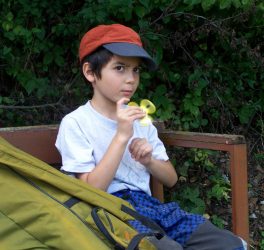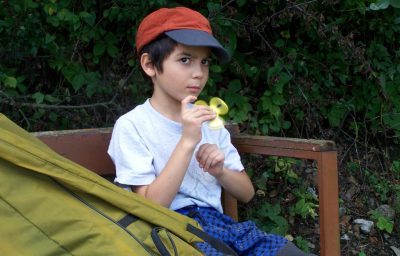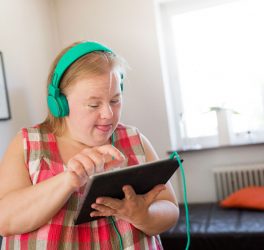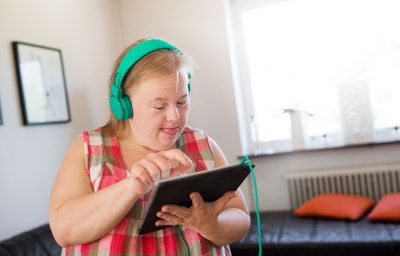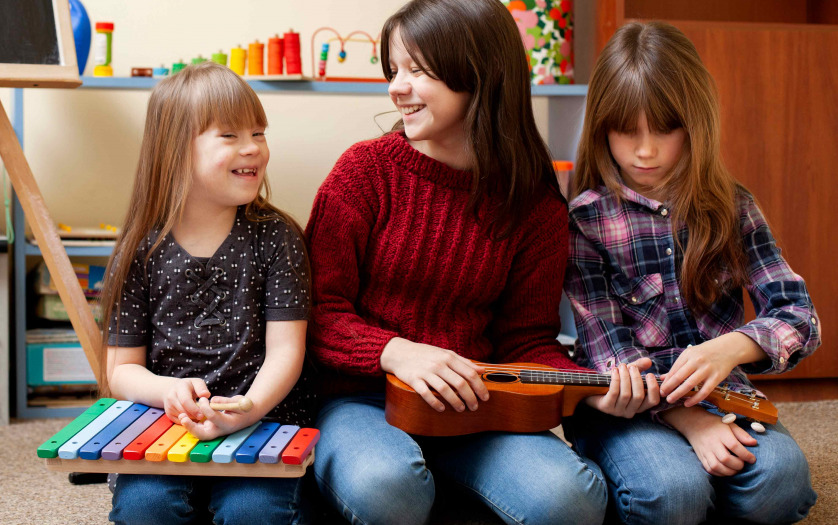
New statistical tools will help young children with developmental disabilities or brain injuries to get the help they need much sooner.
Nearly one in 14 children in Australia have some level of disability. Four percent have a severe or profound disability. Without early intervention, they will continue to fall even further behind.
But a new study from researchers at QUT and the ARC Centre of Excellence for Mathematical and Statistical Frontiers (ACEMS) provide new statistical methods to identify better where children are in their development as well as the help they need.
The study, just published in PLOS One, uses data from ‘The Developing Foundation’, an organisation that has been helping children and adults diagnosed with a severe brain injury or developmental disability for the past 40 years.
“We took more of a personalised approach to using this data so that each child can get an individual assessment of their development,” says Patricia Gilholm, a Ph.D. Candidate with ACEMS at QUT and lead author of the study.
The study looked at early childhood development from birth to the age of three. The Developing Foundation asks parents and carers to use its online tracking tool to enter information on when a child reaches a particular milestone. Developmental milestones are a set of abilities or skills that most children acquire at certain times over the first few years of life. In all, there are almost 350 milestones used in the study. They involve vision, hearing, speech, touch, hand movement, and overall body movement.
“As parents continue to add more milestones, parents get updated assessments of where their child is, and what they can expect next. Our statistical methodology can be easily implemented so that updates can be made in real-time as a child develops,” says Miss Gilholm.
“The statistical methods developed in this project harnesses the combined data from many children to provide personalised information for each child. This substantively enhances the ability to deliver early warning and situation-specific information for parents,” says Prof Mengersen, a Chief Investigator and Deputy Director for ACEMS.

